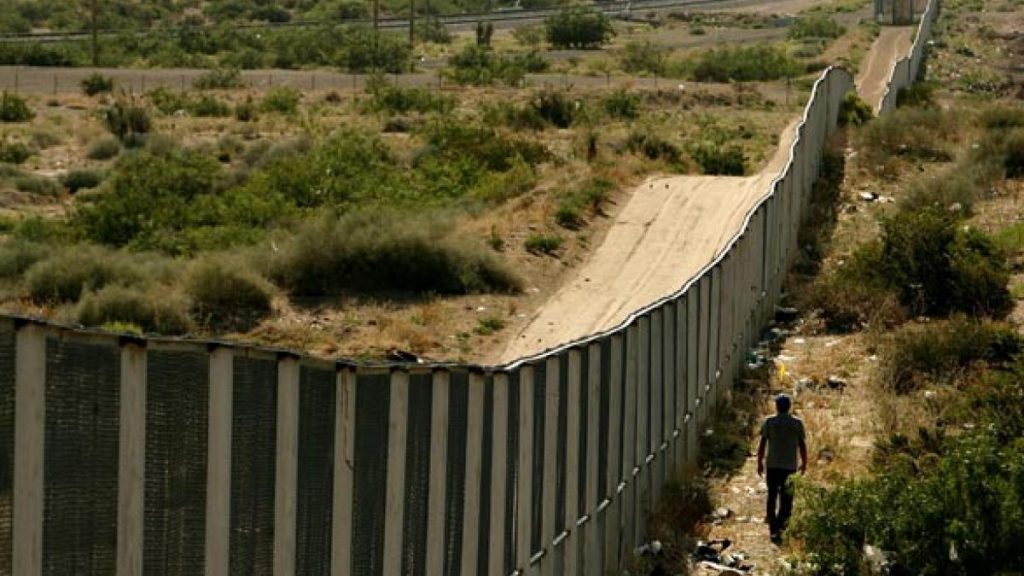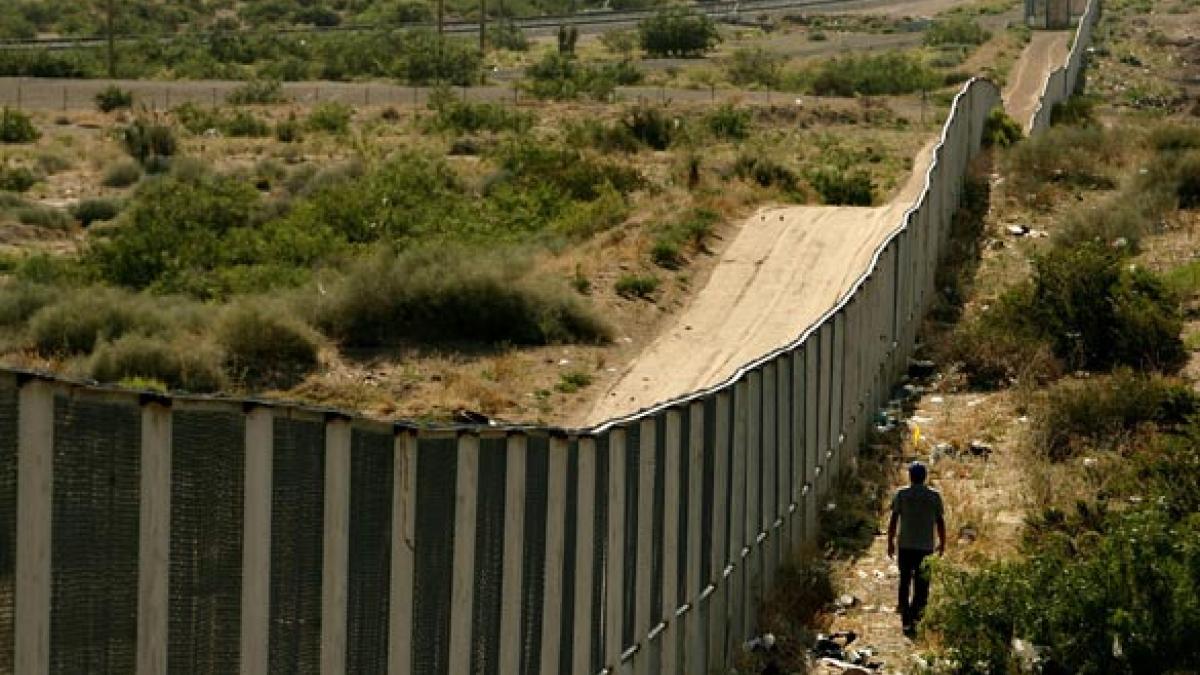
By Steve Neavling
The Trump administration is considering a plan for the Pentagon to take control of a buffer zone along parts of the southern border and allow active-duty U.S. troops to temporarily hold migrants who enter the country illegally, according to five U.S. officials familiar with the discussions, The Washington Post reports.
Talks on the proposal have been underway for weeks, with a focus on a section of the border in New Mexico, officials said. If implemented, the plan would effectively turn the buffer zone into an extension of a military installation, potentially opening up more of the Defense Department’s budget to support Trump’s immigration crackdown. It could also create new legal risks for migrants caught crossing from Mexico, officials said.
Any move to expand the military’s role in immigration enforcement is likely to raise legal questions, particularly about the Posse Comitatus Act, which bars active-duty troops from most law enforcement activities. The Trump administration has previously navigated such restrictions by having Customs and Border Protection (CBP) or Immigration and Customs Enforcement (ICE) take custody of detainees, including on military flights used for deportations.
If the plan moves forward and is deemed successful, the military-controlled buffer zone, which is expected to be 60 feet deep, could eventually extend west to California, officials said.
As part of the discussions, senior Pentagon officials have asked military officers to assess whether troops could temporarily hold migrants when CBP agents are unavailable, officials said. The rationale is that by militarizing the buffer zone, any apprehensions by service members would be treated as trespassing on a military base, with troops holding migrants until law enforcement arrives.
“It’s very, very careful on that wording,” said a defense official familiar with the talks. “It’s not ‘detention’ because once you go into detention it has the connotations of being detained for arrest. This is holding for civilian law enforcement.”
The White House has been involved in the discussions for some time, according to a senior administration official and a defense official. The senior administration official said Trump has not yet approved the plan but that officials see potential benefits in creating a national defense zone along the border, which could lead to stiffer penalties for illegal crossings, including faster deportations.





